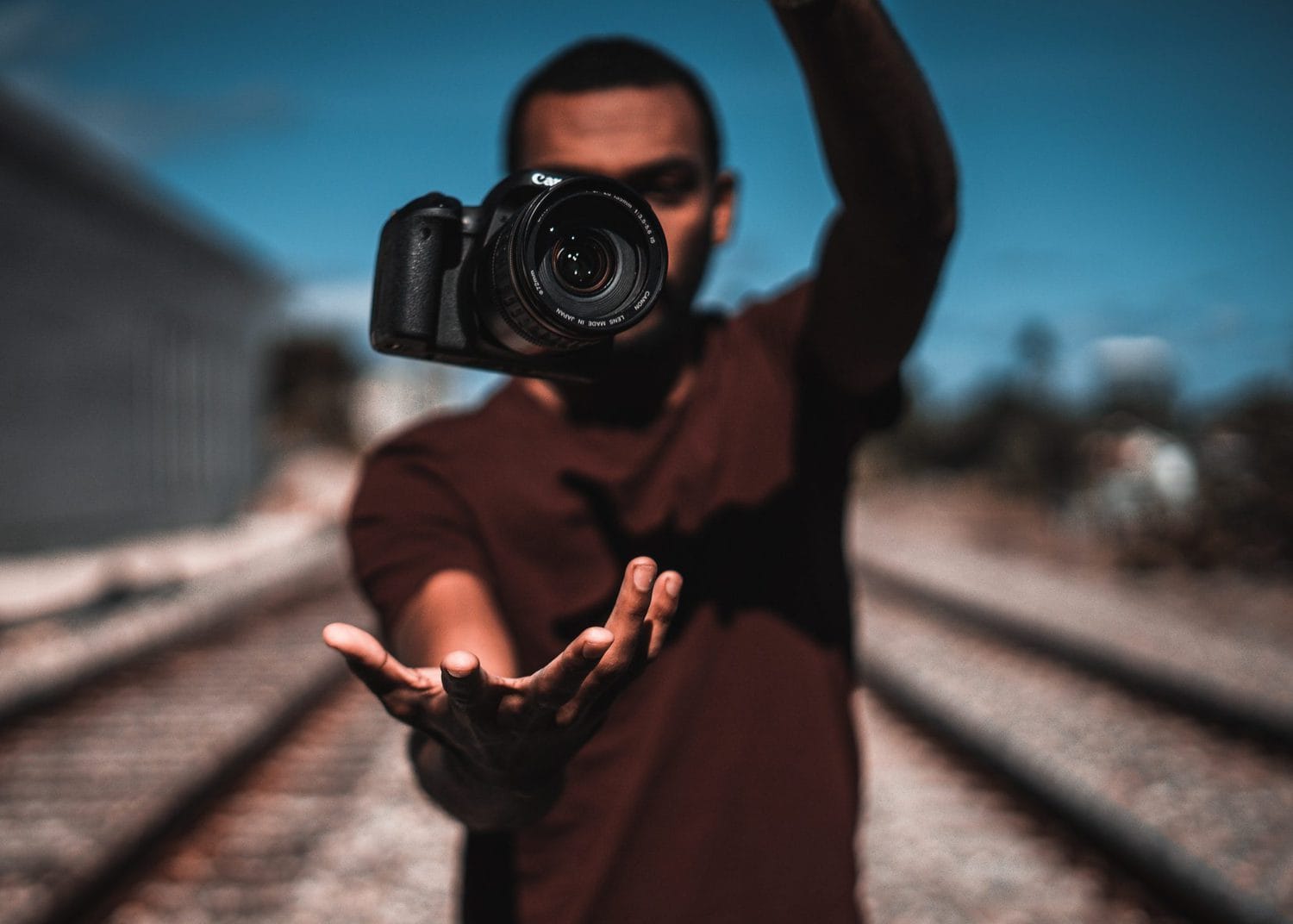Do you want to learn photography ? You are in the right place. In this very complete guide you will find everything you need for a correct initiation to photography from home, in a self-taught way, saving you frustration and wasting time for not knowing where to start.
I'm going to show you the way, so you don't get lost. My advice is to follow it, although if you want to skip any stage, it is your decision, according to your wishes and needs.
My goal is that you can learn photography in the easiest way possible, that your initiation to the photographic world is not a path of thorns and that you end up throwing in the towel, but that any natural frustration becomes motivation and not disappointment.
Wait a minute! This article will be your travel companion for some time.
You won't pretend to learn photography in an afternoon, right? What I recommend is that you put it on hand, as a favorite, somewhere where you have it easily accessible. And now yes, let's start!
CAMERA TO LEARN PHOTOGRAPHY
The first thing you are going to ask yourself in your initiation to photography is what camera do you need, or which one is the best.
Perhaps you have already passed this phase and you have your treasure in your hands, if not, in this section I will shed some light on you when choosing a camera to learn photography.
Hey! Do not get lost because this point is very important. I know many people who have thrown in the towel because they got their hands on a great camera but it was "too big for them."
Can you imagine someone who is learning to drive with a Formula 1?
Each camera has an ideal user, and to begin with, you should not have features that overwhelm you and buttons that hinder rather than help.
Here are my DSLR recommendations for hobbyists.
However, there are many types of cameras on the market, there is life beyond the SLR world, so the first question I would like you to answer is: « do I really need an SLR? « . If your answer is no, I suggest you take a look at our recommendations on evil (mirrorless) cameras and this one with the best compact cameras.
If you are getting confused with all this information, here is this tool that will help you decide which camera to buy. With it you will discover which camera is made for you.
TIPS FOR BUYING A CAMERA
Once you have decided on the type of camera, it is time to purchase.
Shopping is usually not easy.
Deciding where to buy, by model, if new or second-hand, etc., always makes us have many doubts. For this reason, from the blog we always try to give you a hand with all these indecisions.
Here are some articles that will help you when buying your next camera:
- Guide to buy your first reflex
- Guide to buying second-hand cameras
- Mistakes to avoid when buying your next camera
- How to test a camera before buying it
- How to choose between two cameras when buying
- How to avoid brand scams
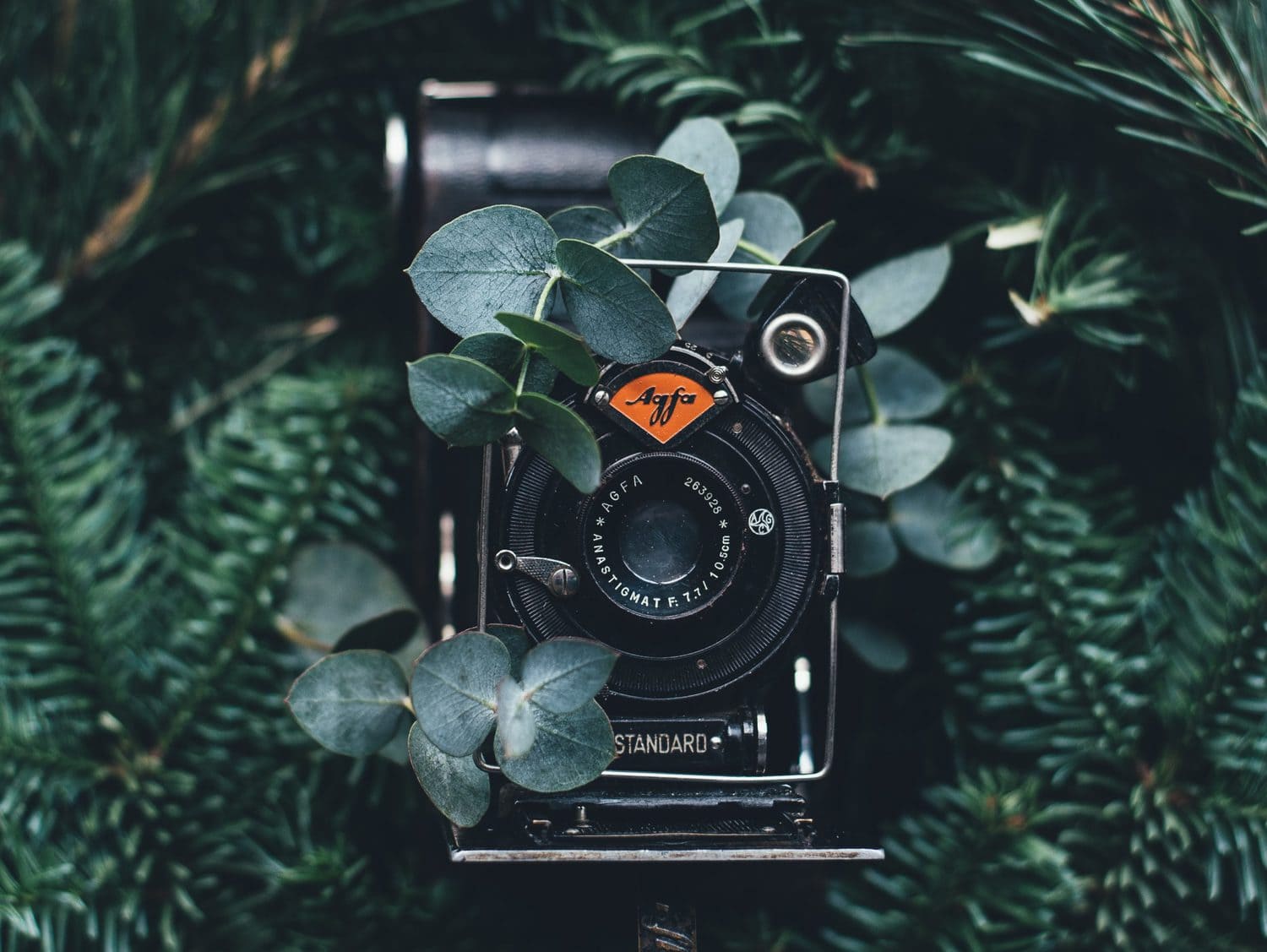
As I have told you before, this step is important, especially if you spend a significant amount of money.
And it is not because you are not going to find a camera with which to take good photos, the problem is that you buy one that makes you throw in the towel because it is too heavy to transport or difficult to handle.
Find a partner that suits you.
OTHER TECHNICAL ASPECTS OF THE CAMERA
It is time for more technical aspects in terms of cameras. To some people all this sounds like hieroglyphics, but you know that we try to make it easy.
Of course, you can take really impressive or emotional photos without knowing much or nothing about these concepts, however, it is possible that at some point doubts assail you, that you need to clarify some of these concepts or, simply, that you are interested and want to delve into them. them.
It seems basic to me that you understand that a camera with more megapixels will not help you to take better photos, but to make larger enlargements.
It is also important that you know that the size of the sensor is essential in the performance of a camera.
If you are interested in delving into the subject, here I will tell you in detail, types of sensors, sizes, etc. That being said, not all users need the largest sensor.
And about the viewfinders, did you know that there are optical viewfinders and electronic viewfinders?
THE EQUIPMENT TO LEARN PHOTOGRAPHY
The equipment is not only the camera. In fact, there is a general obsession with having the best camera when it is just another tool and it will largely depend on your needs.
THE OBJECTIVE
However, the importance of the objective is often forgotten. It is preferable to invest more in lenses than in the camera, because it is really where you will find the difference when taking photos.
It is with the choice of lens that you can expand your creativity to infinity.
I leave you a video in which I do an experiment to demonstrate all this:
In this guide, you will find all the information related to choosing or buying a lens . All those numbers and acronyms that drive us a little crazy at first are deciphered in this article (and much more).
Next, I also leave you with some very useful articles to get you on the subject of objectives.
But if you still don't know what focal length is and how knowing it will help you when learning photography, you should start here. Now yes, you can continue with these others.
- Lenses with zoom or fixed focal length?
- Objectives with which you will take your best photographs
I insist, really, the choice of the objective is what will definitely mark a before and after in your photographs.
Personally, I never tire of recommending the one that I named the king of lenses and, in the event that your budget does not allow it, my advice is that you at least get the prince .
When you discover the power of luminous optics, you will be trapped forever.
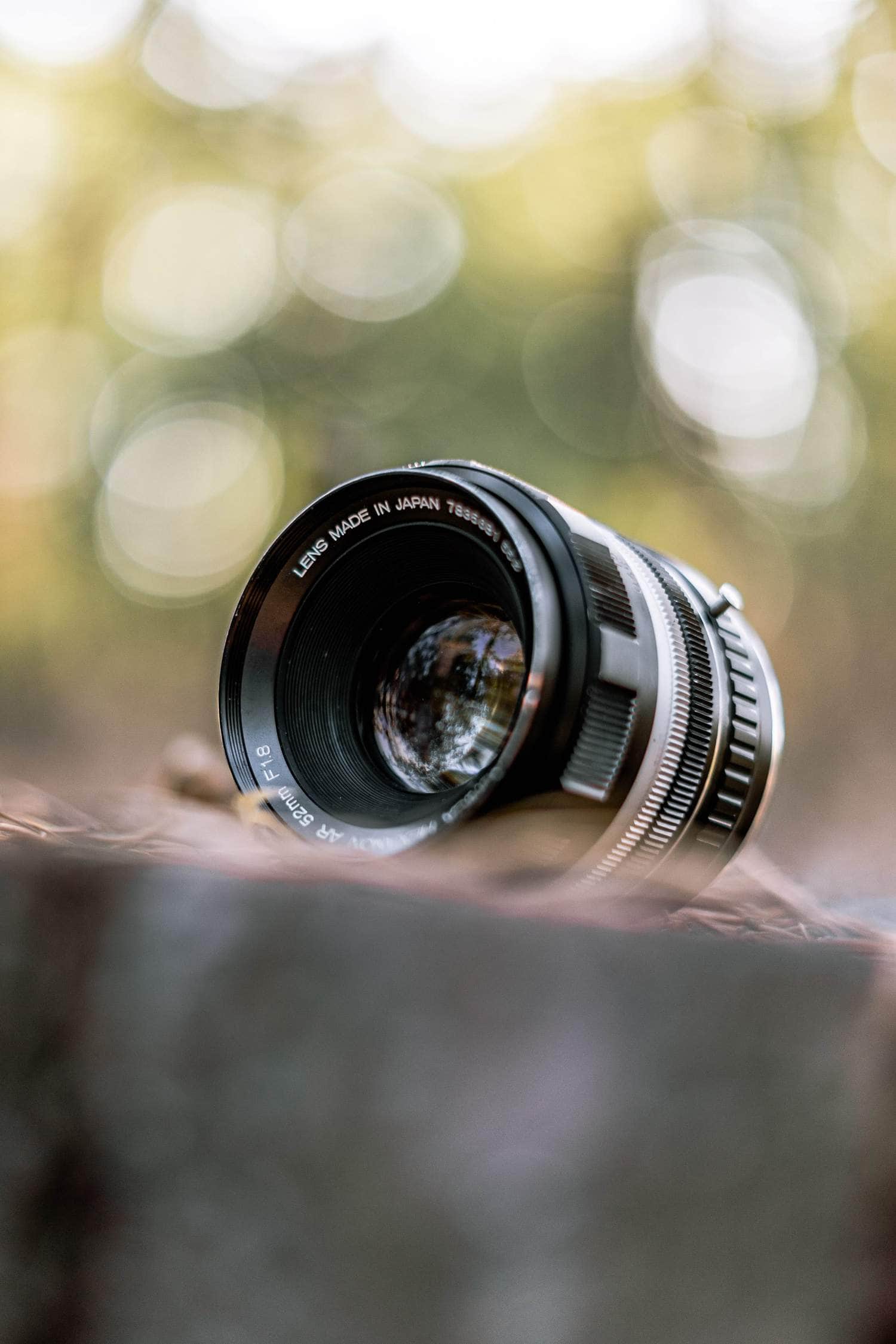
ACCESSORIES TO LEARN PHOTOGRAPHY
On the other hand, there are plenty of accessories. Over time, you will discover, depending on the type of photography you like to do, what you need.
Although if I had to recommend one for your initiation in photography, it would be the tripod, for all the possibilities it offers you, for all the doors that open for you.
Of course, you have to be clear that you have come to stay, because it is not the cheapest accessory.
If you decide on one, in this guide you will find everything you need to know to buy a tripod.
What is a tripod for? Although you can see it in detail at the beginning of the article that I just recommended, here are the main types of photography for which you need a tripod:
- long exposure photography
- night photography
- light painting
- silky effect water
- self portraits
- panoramic
- Bracketing
- time lapse
- macro photography
Beyond the tripod, the options in terms of accessories are, as I said, very numerous, however, we leave you with some ideas that, to start learning photography, will come in handy ?
- Accessories you have at home
- Everyday objects with which to give life to your photos
- Complete Guide to Accessories
THE FIRST STEP TO LEARNING PHOTOGRAPHY: EXPOSURE
The first and fundamental thing when learning photography, to be able to shoot beyond automatic mode , is to know the triangle of light (or exposure triangle).
Understanding how it works is key to getting your photos well exposed.
That is, that they are neither too dark, nor too white, nor moved or full of noise when you need sharpness.
As you can see in the graph, it is made up of three elements:
- Opening
- shutter speed
- ISO
It may take you a while to master these three elements, not much, it all depends on how much time you spend practicing with your camera.
For this I recommend that you use the different automatic shooting modes . It will also be very useful for you to know what the histogram is and how to read it, this will help you when exposing your photographs correctly.
And that said, that you practice, a lot. Even if it's at home.
We are advancing.
Now that you control the exposure triangle, you should know that there are other aspects to take into account when taking a photo.
Have you noticed that some of your photographs had a predominant color that you didn't think was present in the scene? For example, a very bluish photo? Or, quite the opposite, an image that was too orange, and not just the sky, but even the skin of the subjects that appeared in it.
This is because of the color temperature .
To correct this predominance, when you want to correct it, you have the white balance, surely you have heard it many times.
Important! Each of these articles that I am presenting to you requires time and practice, do not binge.
Learning to measure and expose correctly is not a matter of a day. Like the rest of the themes. Keep Calm and… practice!!!
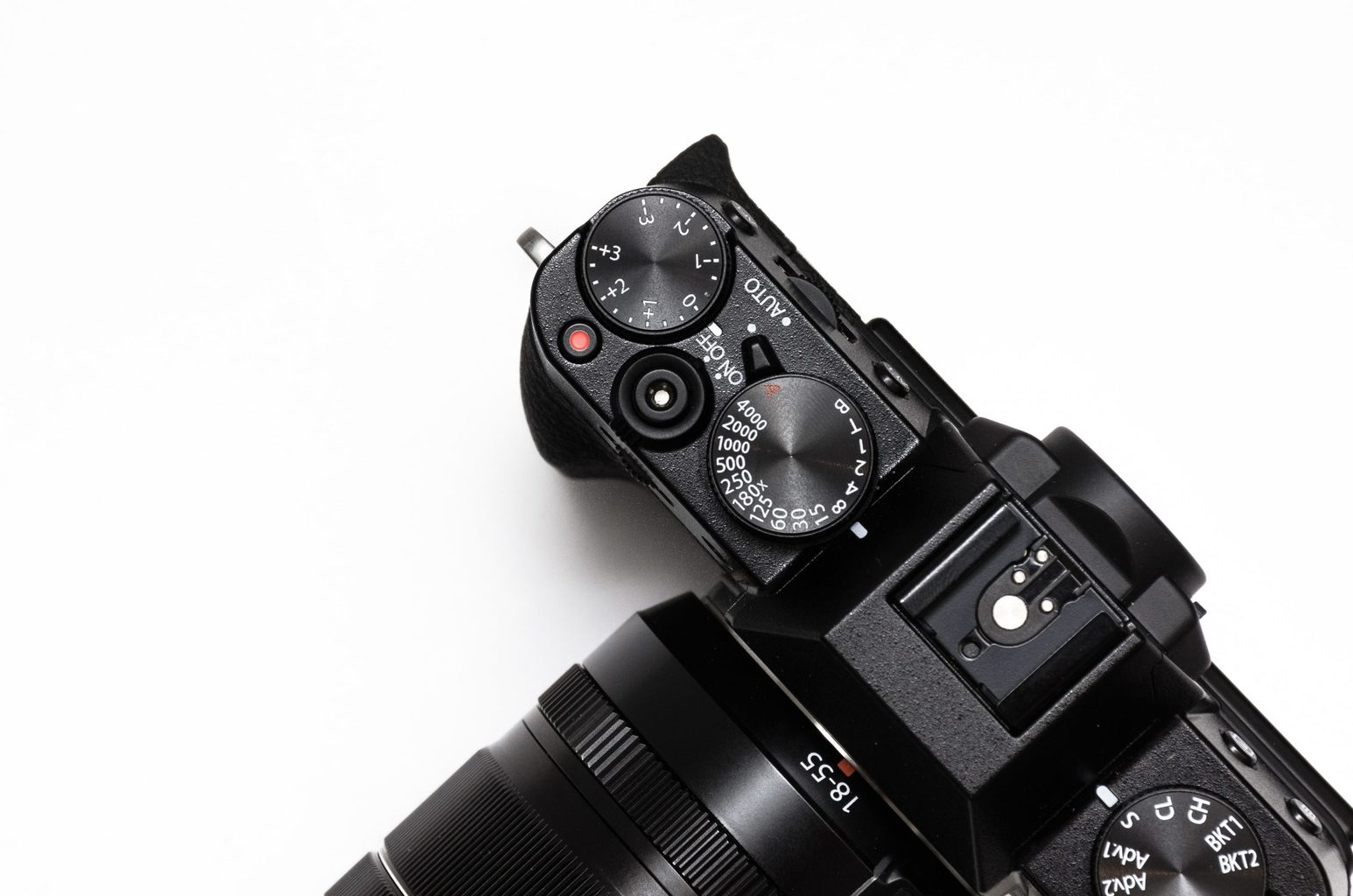
LEARNING PHOTOGRAPHY: THE CREATIVE PART
There is something fundamental when taking photography that is far from taking photos.
Beyond the technical part that we have seen so far, a photographer must have other qualities, such as observation, sensitivity or the passion to improve every day.
What I tell you in this section will be useful if you already have an SLR or an EVIL, shoot with a compact, a smartphone or whatever camera. Since the aim is not to achieve technically perfect photography, but to captivate the viewer. And that goes through light, composition, emotion, etc. Let's see step by step.

PHOTOGRAPHIC COMPOSITION
The way in which you position the elements within the frame of your photograph makes the difference between an interesting photo and a plain photo.
That is why it is very important that you learn the basic rules of composition, and then, of course, skip them whenever you consider it necessary.
It will also help you learn to master color to compose your images , although don't forget black and white!
These are the most common questions in terms of photographic composition, in case you have asked yourself any, we will answer them all.
And in this article you will find 100 quick tips to improve the composition of your photos . From here it will be a lot of observation and practice.
LIGHT AS A CREATIVE ELEMENT
We have talked about light in terms of photographic exposure, but light is much more, it is also a creative element that helps you tell stories or move people.
Mastering light is mastering photography, to achieve this, don't miss these quick tips and all these resources.
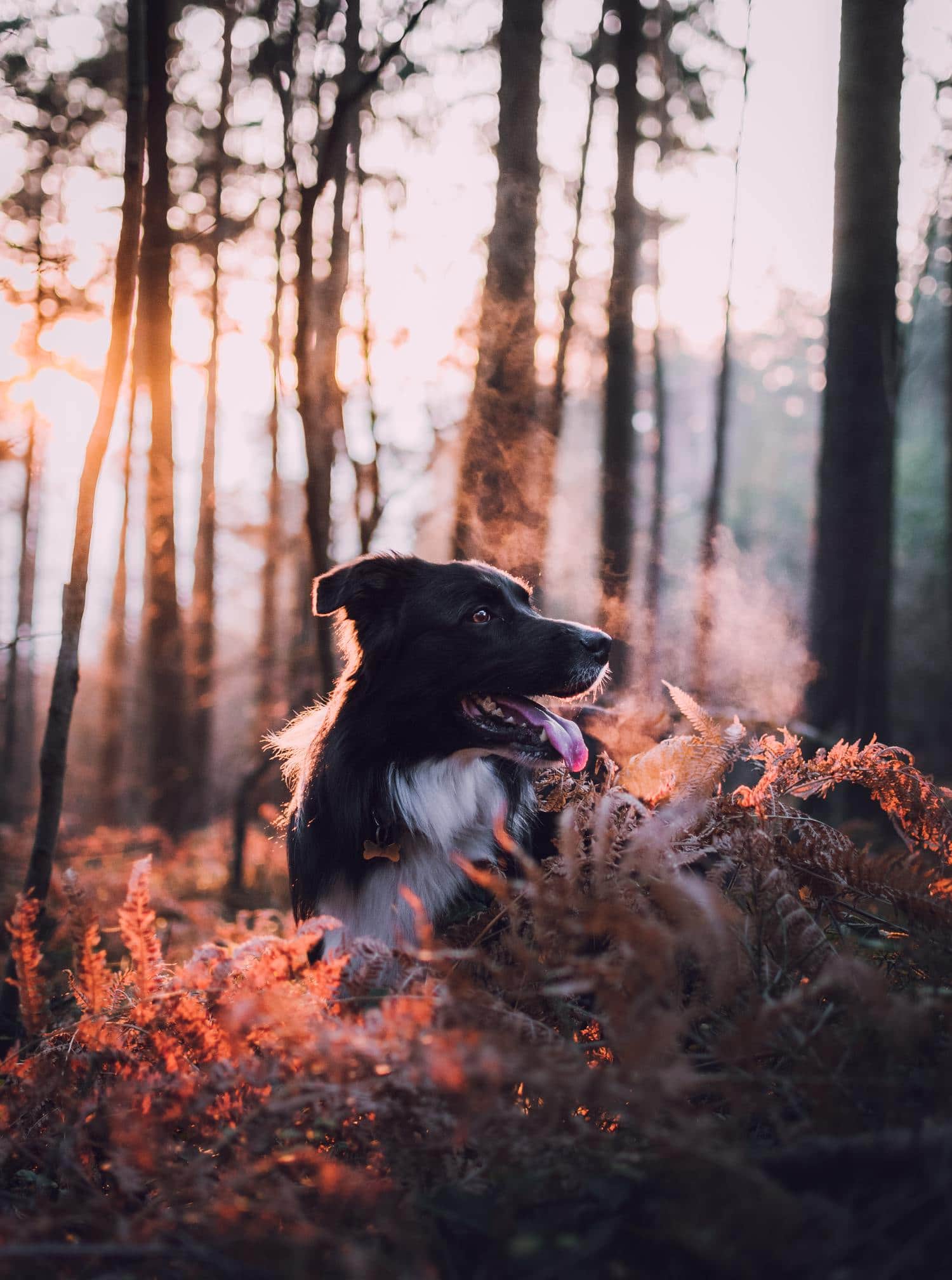
THE SOUL OF PHOTOGRAPHY
Mastery of composition and light, as I have told you, help you when telling your photographic stories, they are the wand to excite your audience, because this should really be your goal as a photographer, to tell what you have to tell, fill your photograph with soul, with feeling, far beyond the pixels.
All of this is much more important than mastering the technique.
The technique is important, because it is the base, but an absolute mastery of it in a photo without a soul, my friend, has zero interest.
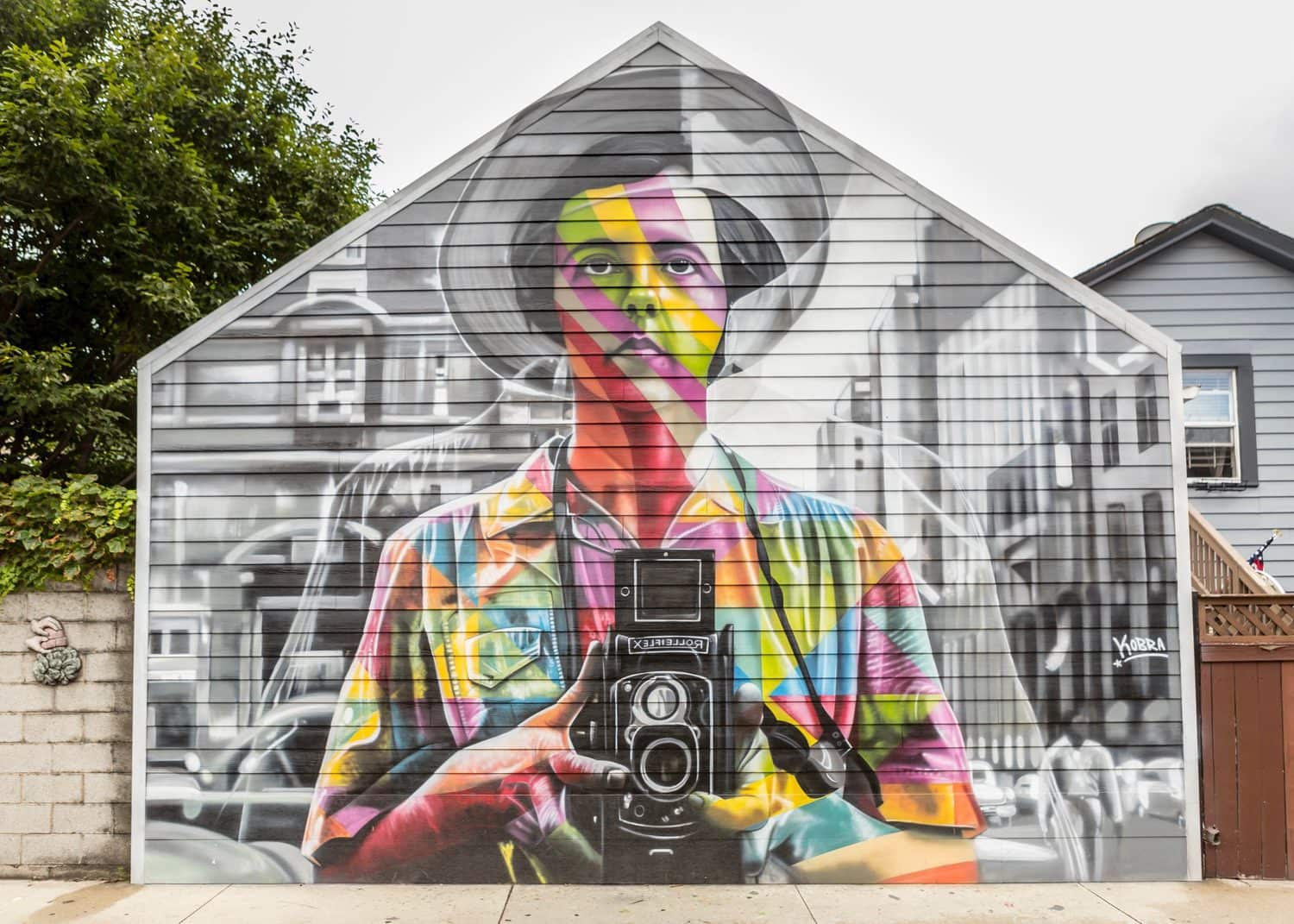
LEARN TO PHOTOGRAPH CLEARLY
Sharpness is a subject that usually gives many headaches to photographers, especially those who are just starting out.
Focus is one of the main points when it comes to achieving sharp photos. How many of these questions have you asked yourself before about focus in photography?
We usually make many mistakes when it comes to focusing , luckily they have a solution ? .
Just like we also have advice for each problem that may arise in terms of focus .
What's more, here we have a detailed guide to achieve the best focus in your photos according to the situation.
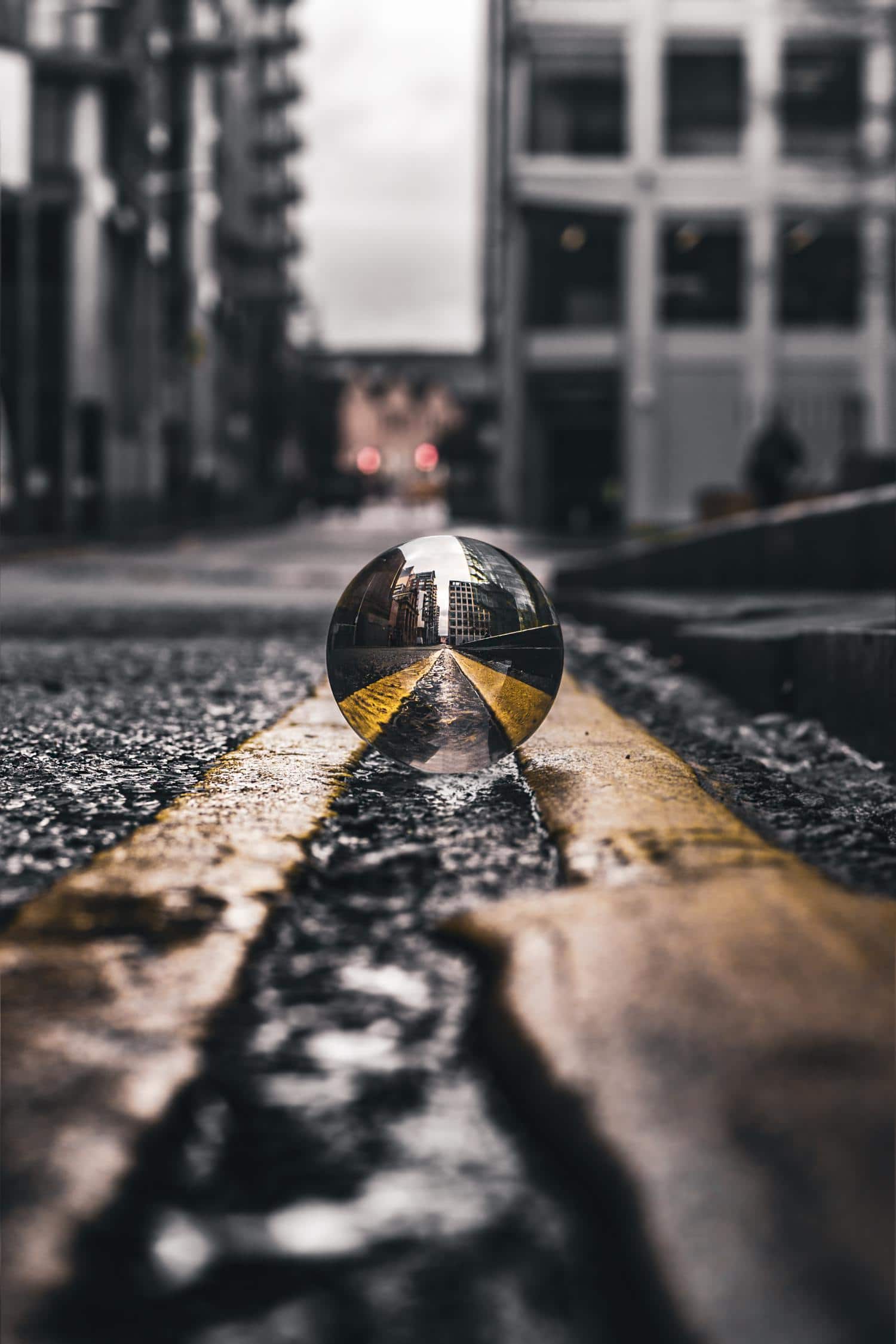
Now, the focus is not the only aspect that influences when it comes to achieving sharpness in a photograph.
Knowing how to hold your camera correctly is essential to achieve sharper images , just as there are other ways to achieve sharpness .
Since I am talking about focus and sharpness, it seems very important to me that you understand these two concepts well.
Depth of field , or the area in focus of an image, is something you need to learn early on.
And, at a slightly more advanced level, when you want to achieve a larger focused area of an image, you have the hyperfocal distance, it sounds ugly, but here it is explained very clearly.
PHOTOGRAPHIC FORMATS
Surely you have ever read or heard something about JPG or RAW. Once you are serious about learning photography beyond taking a few photos with your smartphone, you should know both formats and know when to use each one and why.
- The RAW format, everything you need to know
- Why I stopped shooting RAW
THE OBSTACLES IN THE WAY OF LEARNING PHOTOGRAPHY
Learning photography is not something that happens overnight, nor is it a bed of roses.
In your initiation to photography you will find difficulties, problems, you will make mistakes, you will get frustrated.
Nothing happens. It is normal.
It's part of the deal when you're fully immersed in a hobby and also want to achieve good results.
We've all been there. The important thing is not to throw in the towel, use those bumps to take a step back and take a run. The following articles will help you at this time:
- Frustrations of an amateur photographer
- The three problems that have caused our colleague Caro the most frustration (and 90% of the photographers) and how to solve them
- How to overcome the limitations of your SLR camera
- Problems with Manual Mode and how to fix them
- How to get creative photos when you have no ideas
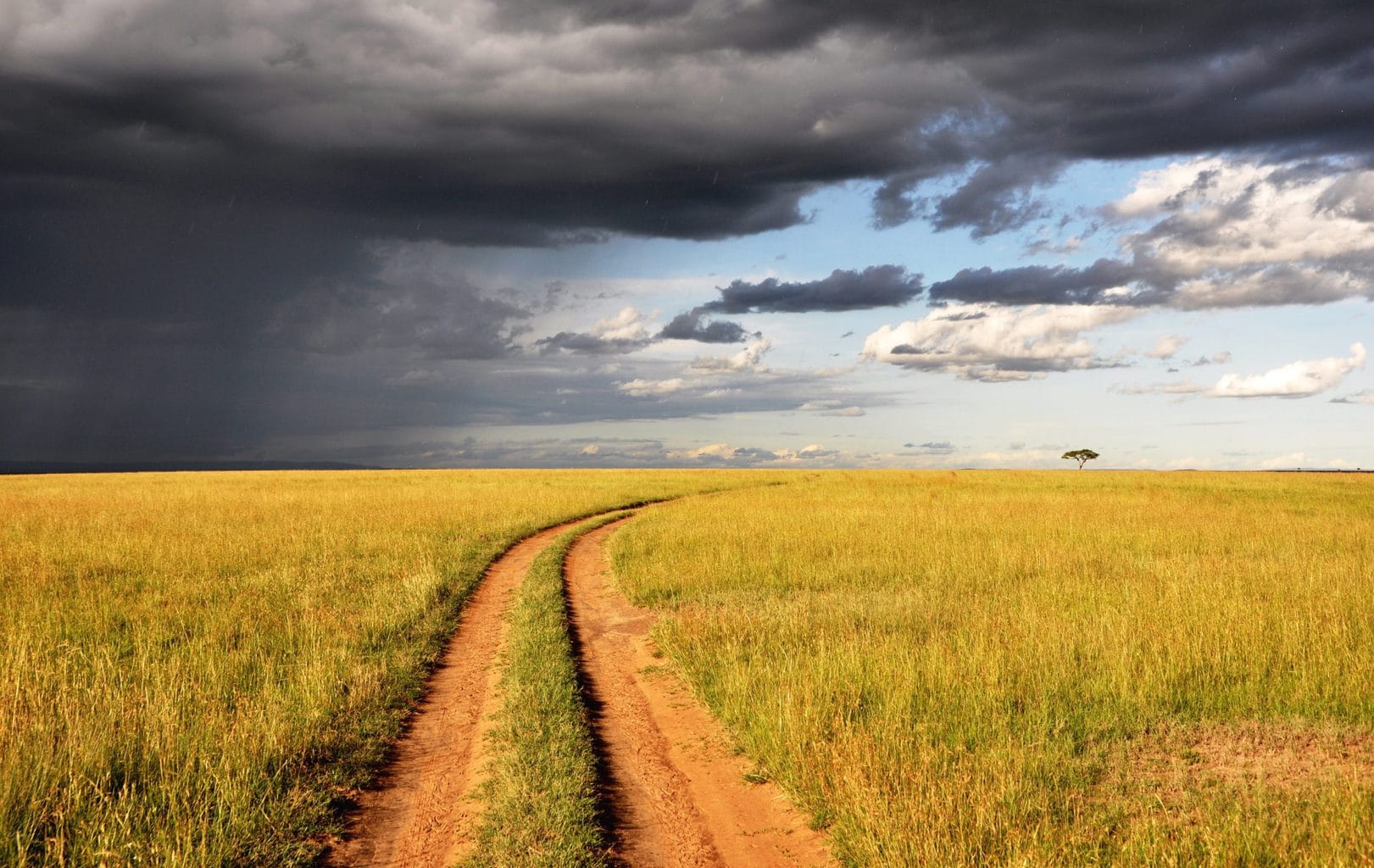
HOW TO LEARN PHOTOGRAPHY WITH PRACTICE
It is clear that the best way to learn is to practice. Practice makes perfect, you will have heard it countless times, but it is true .
If you want to overcome all the problems we just talked about, the best thing to do is to practice. To do this, I leave you with our complete guide to photographic exercises .
PHOTOGRAPHIC TECHNIQUES
Once you acquire the basic knowledge and begin to develop yourself, it is time to start trying the different photographic techniques .
Of course, not all of them will be to your liking, but, my friend, if you don't try them, you won't know, besides, the learning that practicing them will bring you is indisputable.
PHOTOGRAPHIC DISCIPLINES WITH WHICH TO LEARN PHOTOGRAPHY
When you are learning photography, you do not realize the number of topics or disciplines that you have access to or that you can enjoy, that is why I leave you with this article with 22 disciplines, so that you can choose the ones that most attract you and not You run out of ideas or opportunities to practice.
LEARN TO EDIT PHOTOS
Here I have to clarify something. When we talk about editing, we think of retouching and it really isn't.
Although normally, and to understand each other, we refer to processing as editing, editing is actually the selection of photos; then we have the development , which is what laboratories did in the era of analog cameras and that is to adjust the light, brightness, contrast, etc.; and retouching, which is what many fear or criticize and where there is usually more debate, but we cannot deny that it is another creative world.
I put here, remove there and I can even create a photo completely different from the original.
All this is part of the processing or post-processing, each one chooses how far they want to go and depending on the idea and the photo they have in hand.
I consider that a photo is not finished until it goes through development.
Others prefer to shoot in JPG and have the machine reveal it for them. Whatever your option, it is your decision, I just leave you some articles that can help you:
- editing programs
- Online photo editing programs
- How to retouch your photos without knowing
- Photoshop or Lightroom?
- Basic developing in Lightroom
- Basic developing in Camera Raw
- Secrets to get the most out of Lightroom
- Editing apps for your iPad
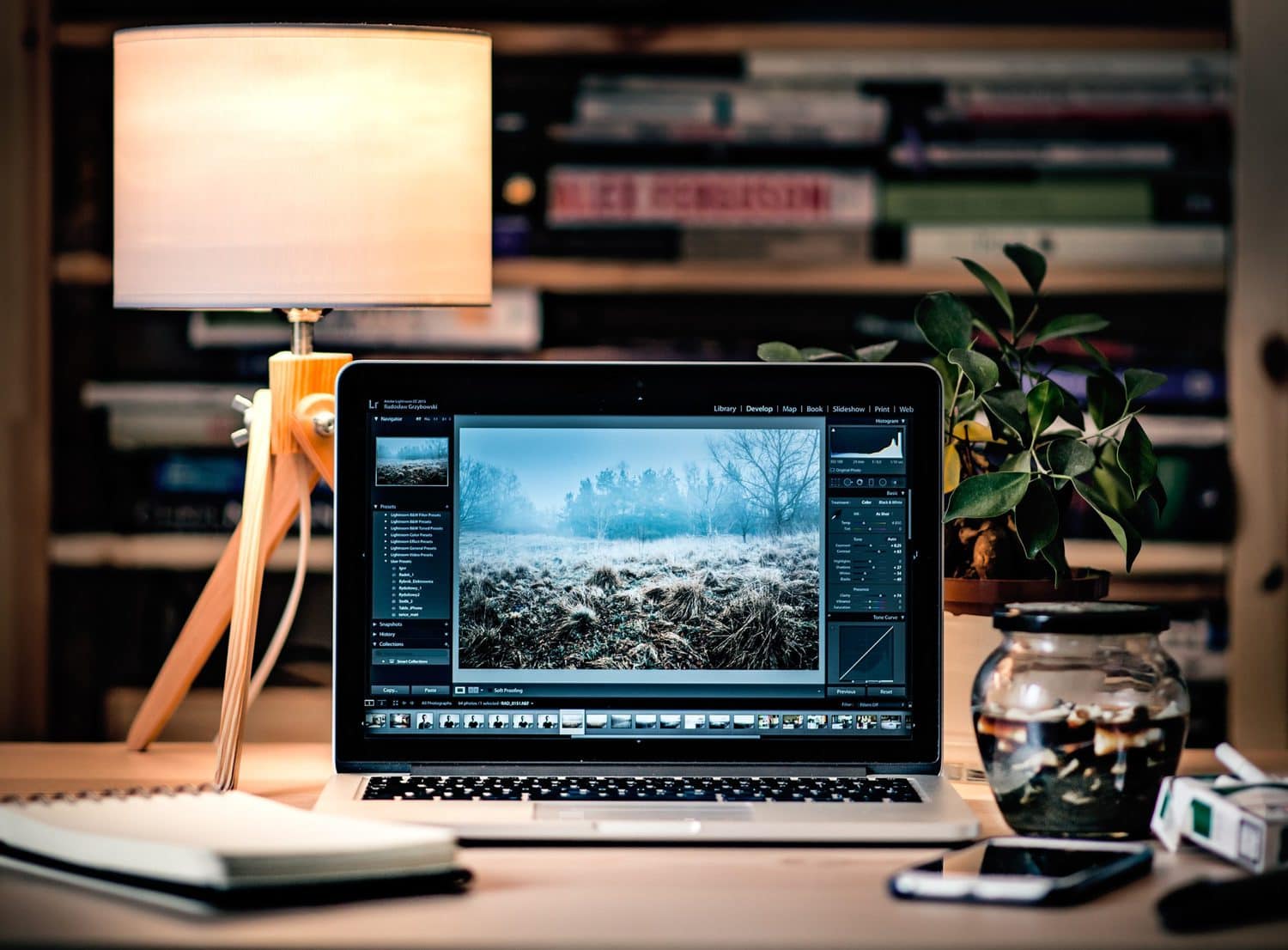
YOUR PHOTOGRAPHIC PROJECTS
If you've gotten to this level of learning, not speed reading, it might be time to embark on your own photography project.
Carrying it out will help you improve as a photographer, the final result does not matter so much as the process, that is, your evolution throughout its development.
- Why start a photography project?
- Steps to carry out your project
- Mistakes to avoid in your next project
PHOTOGRAPHIC EQUIPMENT CARE
Did you think we were done?
Well no, this has only just begun ? .
The road is long, or I hope so, because it will be a sign that you stay, that you like this world as much as I do and you want to continue capturing life with your camera.
Now, both your camera and the rest of the equipment require some care. Here are some tips to make your gear last longer (and better).
- Chamber cleaning
- Cleaning the objectives
- Protect equipment in adverse conditions
- How to protect your equipment from the cold and temperature changes
- Accessories to protect your equipment
LEARN PHOTOGRAPHY ONLINE
With this article you are already learning photography online, but if what you want is an initiation course to photography, guided, with videos, exercises and more, I recommend our Photographer School course to learn photography from scratch.
BOOKS TO LEARN PHOTOGRAPHY
Of course , I want to recommend our photographic library, in which you will find numerous titles in digital format to learn photography from scratch, general books and by subject.
On the other hand, no matter how practical the internet is and no matter how convenient digital books are, we cannot deny that a paper book is a real treat.
Some people prefer to touch, read on paper and not on the screen.
And let's not say having a bookshelf at home with a good photographic library.
For our part, these are our recommendations, the photography books that you should read during your photographic apprenticeship.

THE MOST SERIOUS MISTAKE WHEN LEARNING PHOTOGRAPHY
A lot to learn photography but in the end most of us fall into the same mistake.
A mistake as serious as sad.
Digital photography has enormous advantages, but it has brought us a really serious problem: we don't print our photos.
So true and so terrible. Why do you want to learn photography if later those impressive photos that you are going to achieve are lost on your hard drive? Doesn't that seem catastrophic? Well, remedy it. When you get a photo that pinches you, that makes you jump with satisfaction, please print it. Do me that favor, and do it to you. If not, none of this will have been worth it. Neither my effort in writing all this, nor yours in learning, practicing, investing money, time, etc.
I am going to leave you this mega-guide on developing photos. It's the least you deserve. You and your photos.
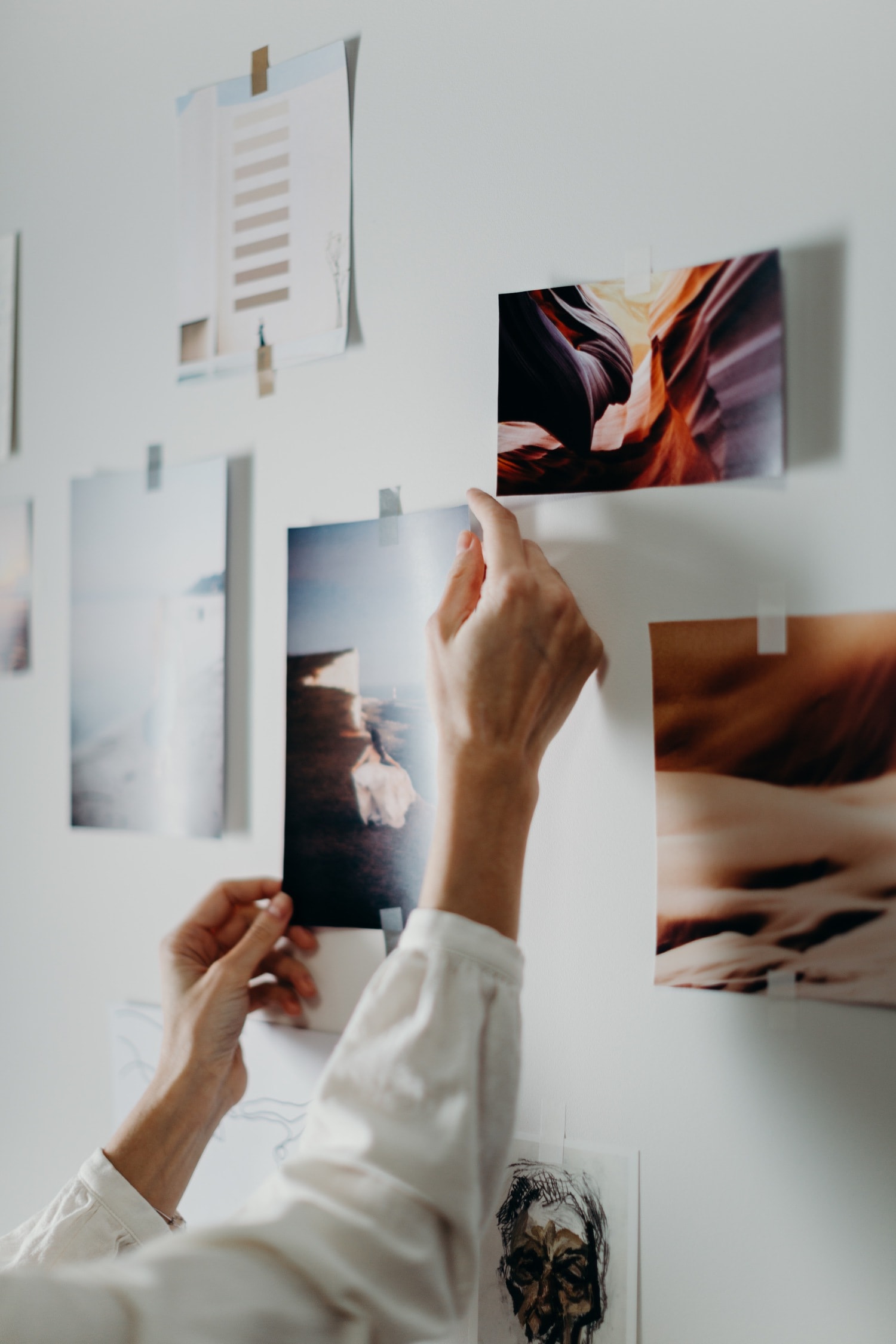
PHOTOGRAPHIC INSPIRATION
I could not dismiss this article without leaving you a good dose of inspiration.
You can visit our gallery with numerous themes to get inspired , or you can take a look at the following two articles to dive into the work of these great photographers:
- Photographers who can inspire your next photo and 100 other female photographers
- Masters of black and white , in case yours is the gray scale.
On the other hand, you should not forget that cinema is another great source of inspiration. Films, series or documentaries are another way to learn photography comfortably from your chair:
- Documentaries and films that every photographer should see
- Films with photographer protagonists
OTHER READINGS THAT WILL HELP YOU IN YOUR PHOTOGRAPHIC LEARNING
«After this extensive article, are there any more topics that we have not touched on?» That's right, mate. This is just the beginning.
There is much more.
It all depends on how far you want to go with this hobby.
Like any discipline, it requires effort and time.
A good photographer is not made overnight, and a SPECTACULAR photograph is never the result of luck, but rather the work and dedication of the person who presses the shutter button.
You decide where you want to go.
In the meantime, I leave you with some articles that can also help you on this path.
- Glossary of photographic terms : a photographic dictionary with all the concepts you need to know.
- Do you know what your dominant eye is and how it influences the way you take pictures? : Do you take pictures with the right or left eye? Find out how it affects you.
- What no one tells you when you start photography: 7 hidden truths.
- The decalogue of the good photographer : our ten commandments.
- Opposite photographers, which pole are you on? : to have a laugh, you'll end up identifying with one of them, if you don't already
- Photographer obsessions : you will also end up having one, or several!
- Habits that every photographer should have : good habits so as not to miss any shot.
- 100 photography lessons: the 100 the most important.

